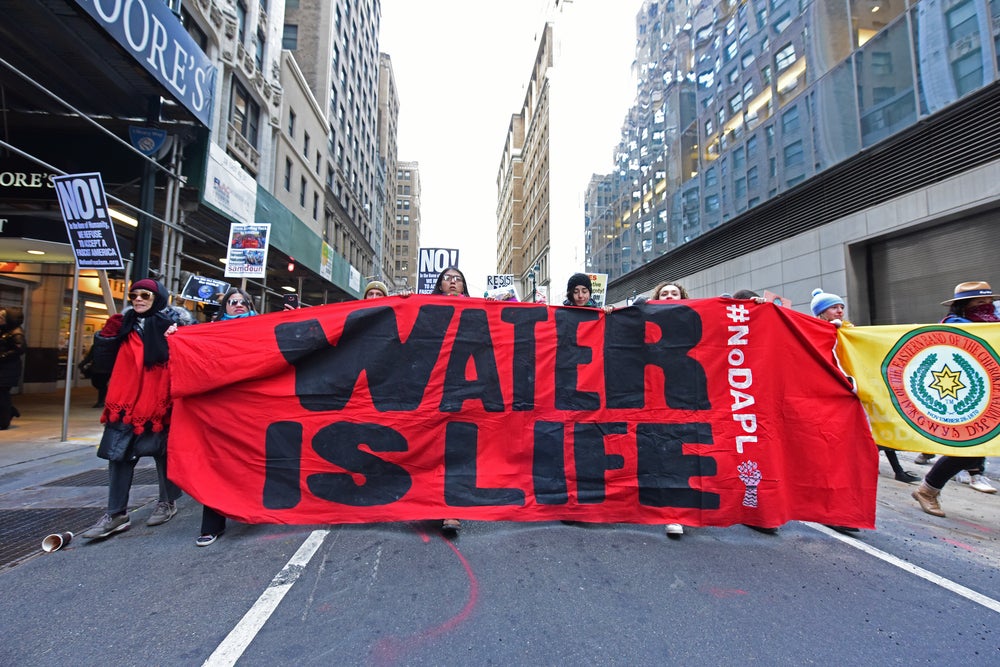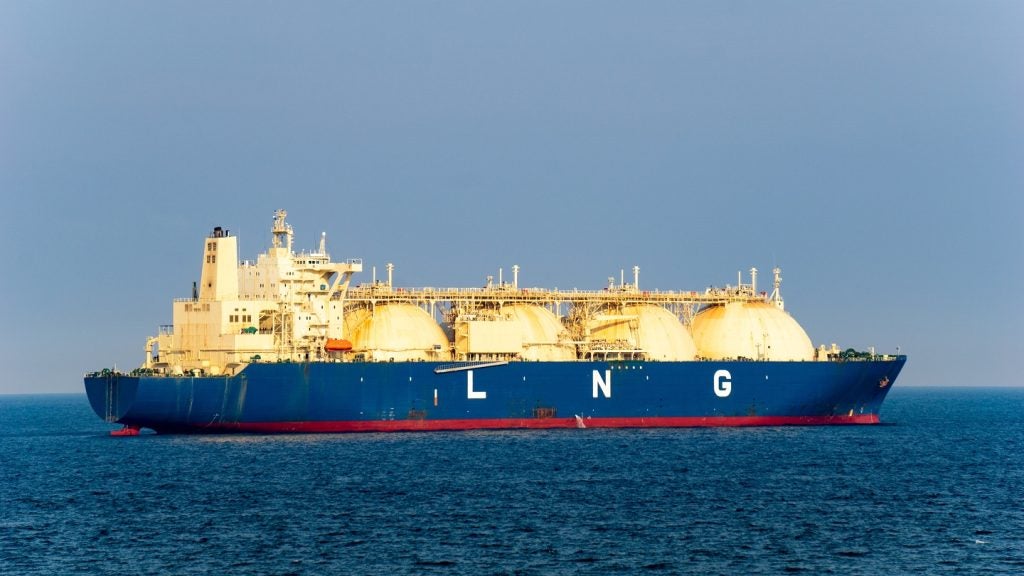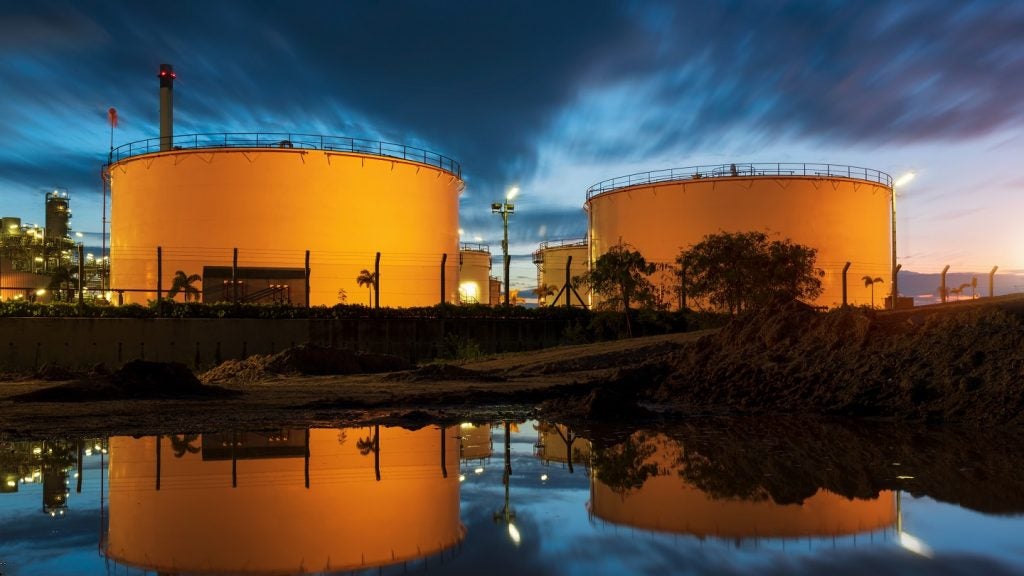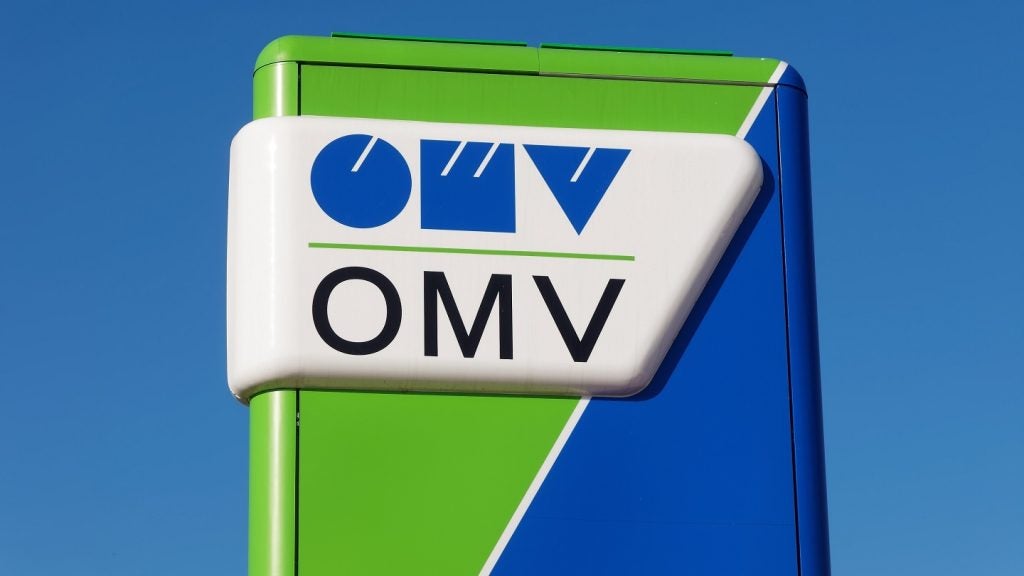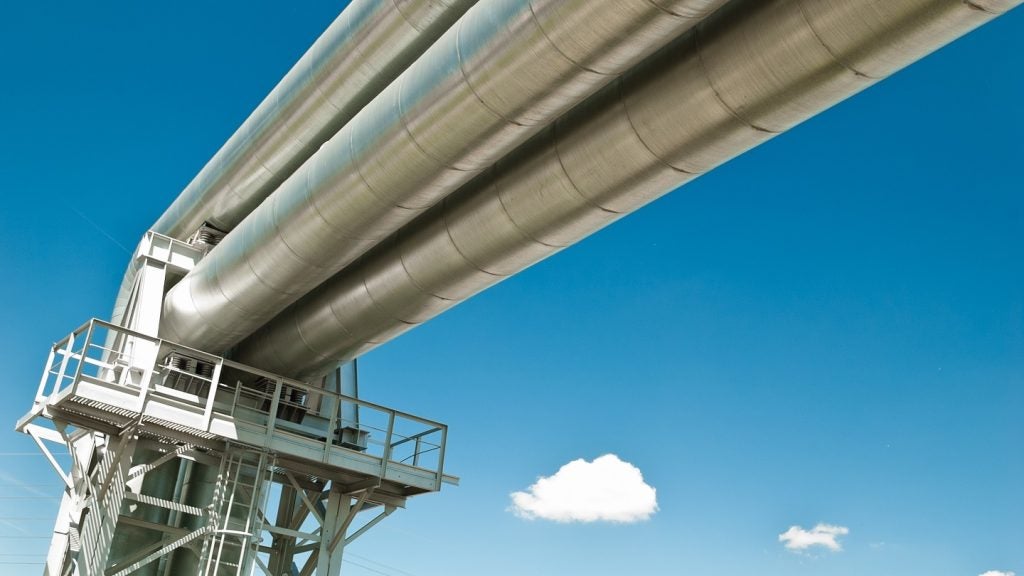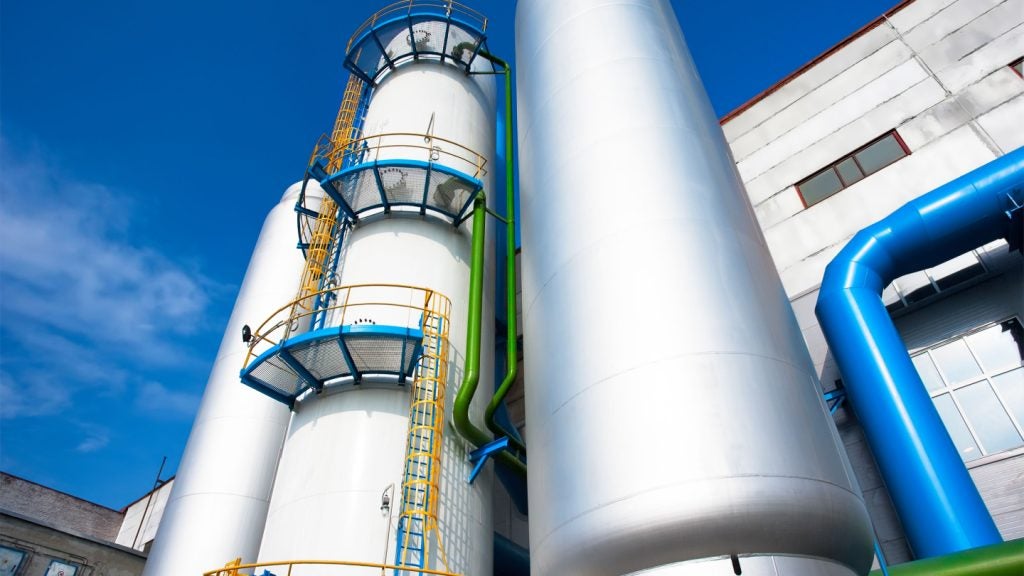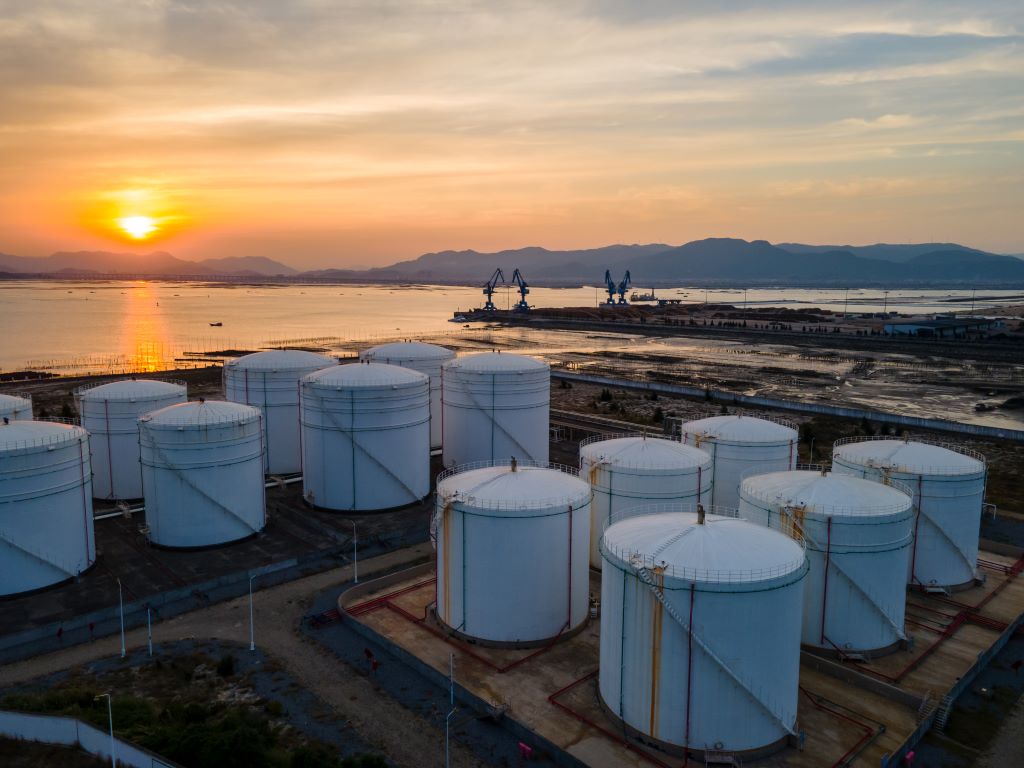The NNPC has destroyed more than 5,686 illegal refineries and removed 4,480 illegal pipeline collections in the past three years, the company's chief executive Mele Kyari stated.
When discussing Nigeria's energy security challenges at the Obafemi Awolowo University, Kyari highlighted rapid population growth, pipeline vandalism and crude oil theft. He also suggested that energy conservation, diversification and efficiency measures could be used to enhance energy security.
He also mentioned that vandalism and oil theft have caused some significant operational struggles in the past few years. He said that the command-and-control centre has also helped to detect and destroy illegal refinery sites, remove illegal connections and address vandalism across operating corridors since 2021.
"The centre provides live streaming of surveillance data to security forces, contributing to the detection and destruction of over 5,686 illegal refinery sites and the removal of 4,480 illegal connections from 2021 to the present," Kyari added.
Kyari also hinted at a strategic shift and focused on increasing product trucking and storage in underground tankages at NNPC filling stations nationwide.
Kyari emphasised that NNPC has "transformed" into a fully commercial limited liability energy company since the Petroleum Industry Act in 2021. He further mentioned that the company has been able to play a more active commercial role following the removal of fuel subsidies, enabling NNPC to focus on profitability and deliver greater value to Nigeria's growing population.
In September 2022, Nigerian oil exports were at their lowest level in 25 years due to oil theft and vandalism. The country lost 470,000 barrels of crude oil, equating to almost $700m monthly.
The loss resulted in Nigeria's lowest daily average output since at least 1997, according to OPEC, moving behind Angola as Africa's largest exporter in July 2022.
At an oil and gas conference held last year, the Nigerian Content Development and Monitoring Board (NCDMB) urged the government to address the issue of crude oil theft in the Niger Delta.
The NCDMB emphasised the importance of addressing this problem to enable the production of hydrocarbons at reasonable costs and ensure profitability.
"Most indigenous operators were unable to evacuate their crude oil through pipelines for over one year and are now forced to explore alternative options at high costs," the NCDMB said last May, reported by Rigzone.




